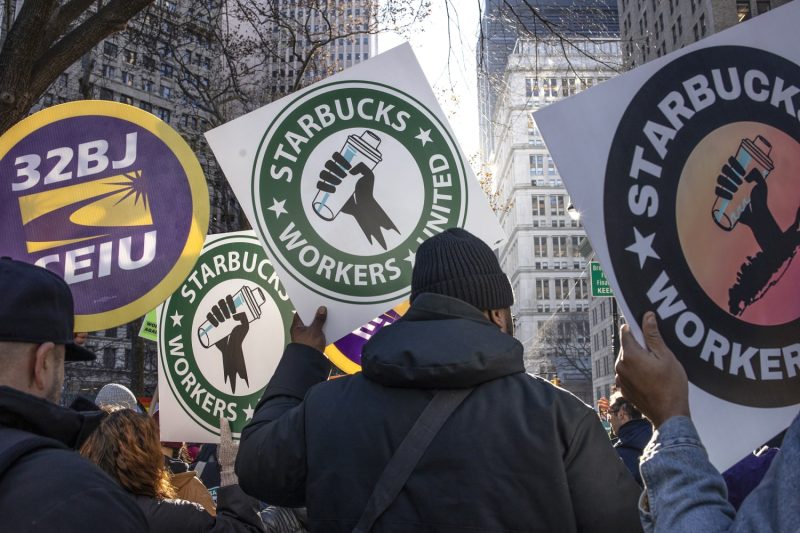In today’s rapidly changing corporate landscape, leadership transitions often come with their own set of challenges and opportunities. A recent change in the top position at Starbucks has caught the attention of both employees and industry analysts alike. The appointment of Brian Niccol as the new CEO has been met with both anticipation and apprehension, as the company navigates toward a future that balances growth with employee welfare.
Niccol’s commitment to working with the union as talks move forward marks a significant shift in the company’s approach to labor relations. With a background that includes successful tenures at Taco Bell and Chipotle, Niccol brings a wealth of experience in the food and beverage industry. His reputation for innovation and strategy execution has positioned him as a leader who can drive positive change within an organization.
The decision to collaborate with the union signals a proactive stance on addressing employee concerns and fostering a more inclusive work environment. By engaging in constructive dialogue with labor representatives, Starbucks is not only acknowledging the importance of its workforce but also demonstrating a willingness to listen and adapt.
As discussions progress, it will be crucial for both parties to maintain transparency and open communication channels. Building trust and mutual respect will be key to reaching agreements that benefit both employees and the company as a whole. Niccol’s leadership style, known for its focus on empowerment and collaboration, is likely to play a pivotal role in bridging the gap between management and labor.
One of the pressing issues on the table is the issue of fair wages and benefits for Starbucks employees. As the company continues to expand and evolve, ensuring that workers are fairly compensated for their contributions is paramount. Niccol’s track record of implementing sustainable business practices that prioritize both profitability and social responsibility suggests that he may be well-equipped to address these concerns.
Moreover, the shift toward a more union-friendly stance could have broader implications for the industry as a whole. As other companies observe Starbucks’ approach to labor relations under Niccol’s leadership, they may be inspired to reassess their own policies and practices. This ripple effect could lead to a positive transformation in how workers are treated and valued across the board.
In conclusion, Brian Niccol’s commitment to working with the union as talks move forward represents a significant turning point for Starbucks. By embracing a collaborative approach to labor relations, the company has the opportunity to foster a more harmonious workplace culture and set a new standard for employee engagement in the industry. As negotiations progress, all eyes will be on how Niccol leverages his leadership acumen to drive positive change and create a more sustainable future for Starbucks and its workforce.
